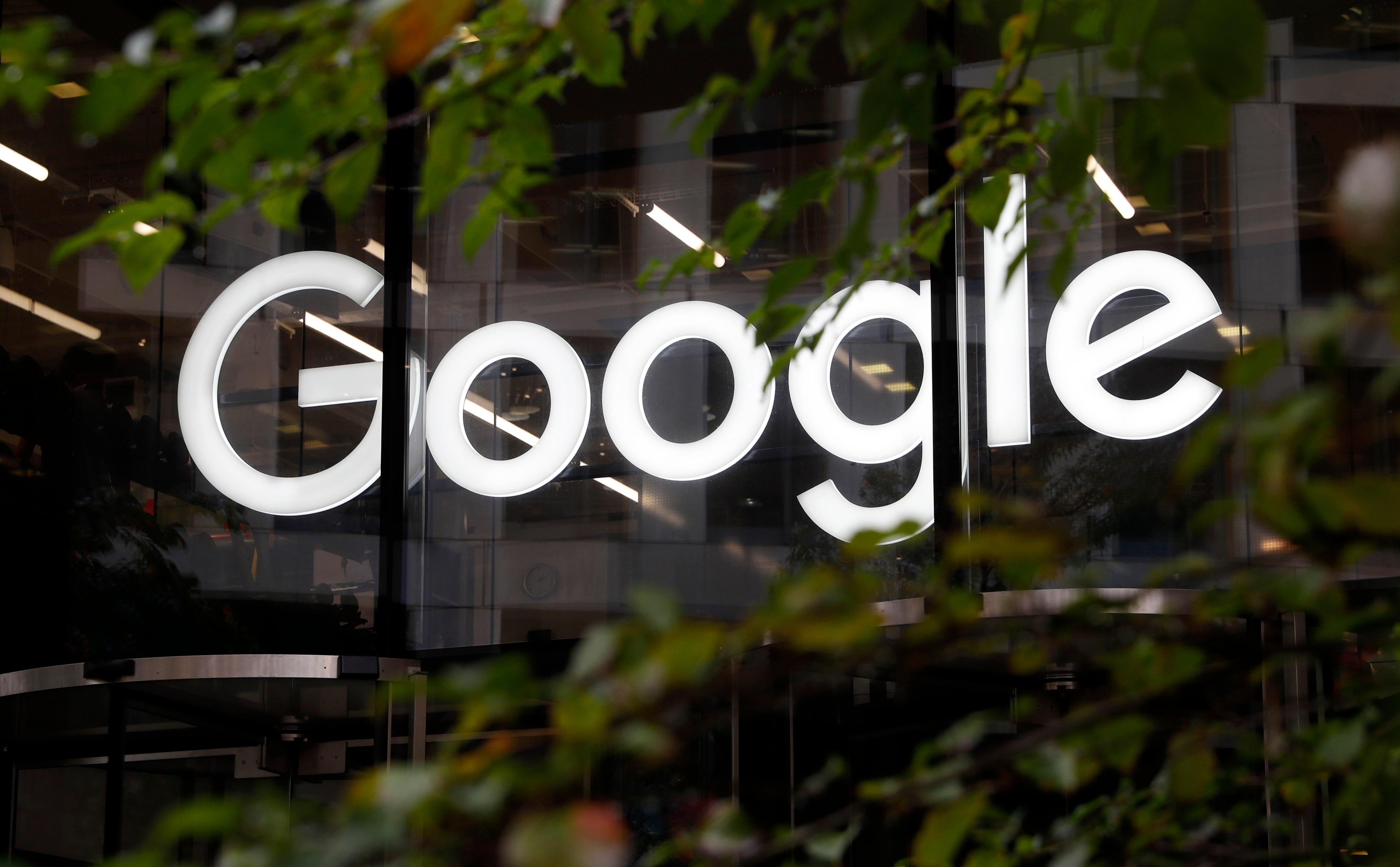Google banning ‘sugar dating’ apps as part of new changes coming to Play Store

Your support helps us to tell the story
From reproductive rights to climate change to Big Tech, The Independent is on the ground when the story is developing. Whether it's investigating the financials of Elon Musk's pro-Trump PAC or producing our latest documentary, 'The A Word', which shines a light on the American women fighting for reproductive rights, we know how important it is to parse out the facts from the messaging.
At such a critical moment in US history, we need reporters on the ground. Your donation allows us to keep sending journalists to speak to both sides of the story.
The Independent is trusted by Americans across the entire political spectrum. And unlike many other quality news outlets, we choose not to lock Americans out of our reporting and analysis with paywalls. We believe quality journalism should be available to everyone, paid for by those who can afford it.
Your support makes all the difference.Google has banned “sugar dating” apps as part of a broad range of changes to its Play Store rules.
Such apps allow people to find others to engage in “compensated sexual relationships”, as Google puts it, wherein one party will pay someone to date them. Such apps and sites have become popular across the internet.
There are a host of apps on the store with the name “Sugar Daddy”, for instnace, and many more with more specific names. Many of them are explicit about what they are aiming to do, with one named Spoil offering to help people “find other wealthy sugar daddies who are looking for a discreet arrangement, and you can also meet other attractive girls who are looking for generous men”, as PhoneArena notes.
But Google says they will no longer be allowed in its app store, as part of its inappropriate content policy.
Those policies already prohibit “services that may be interpreted as providing sexual acts in exchange for compensation”. But new wording, which goes into effect at the beginning of September, specifically bans apps that allow for “compensated dating or sexual arrangements where one participant is expected or implied to provide money, gifts or financial support to another participant (‘sugar dating’)”.
Google did not say why it had decided to specifically ban such apps.
The new rules are part of a set of changes to the Play Store, which also allow Google to remove any developer accounts that have been inactive for more than a year. While the deletion appears not to be automatic – and Google said it will make exceptions for those with popular apps, for instance – the new rules will mean that older accounts can be cleared off the platform.
Join our commenting forum
Join thought-provoking conversations, follow other Independent readers and see their replies
Comments